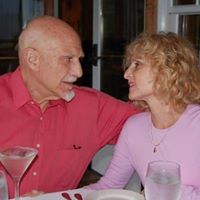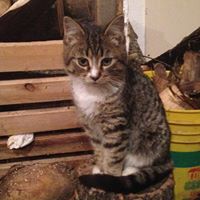Who discovered the rabies vaccination?
Louis Pasteur was born, to humble beginnings, in Dole, France in 1822.
Not the best of students, Pasteur attended a number of colleges and universities until, in 1846, the chemist Antoine Jérôme Balard invited him to return to the École Normale Supérieure, which he had attended in 1843, as a graduate laboratory assistant.
In 1854, he was named dean of the new faculty of sciences at Lille University, where he began his studies on fermentation. His studies, in this area, showed that the growth of micro-organisms was responsible for spoiling beverages, such as beer, wine and milk. It was the work on Pasteurization that led to more research on micro-organisms which led to study of bacteria.
His work with bacteria turned into a vaccine for Chicken cholera in 1879. Chicken cholera, also known a fowl cholera, is a deadly disease affecting chickens, turkeys, ducks, geese, raptors, and canaries. October 20, 1885, Pasteur began a human trial for the treatment of rabies. The treatment was successful and later he treated 350 people in his laboratory. Only one developed rabies.
As a result of his study on germs Pasteur encouraged doctors to sanitize their hands and equipment before surgery. Prior to this, few doctors or their assistants practiced these procedures.
More Info:
www.vbivaccines.com







